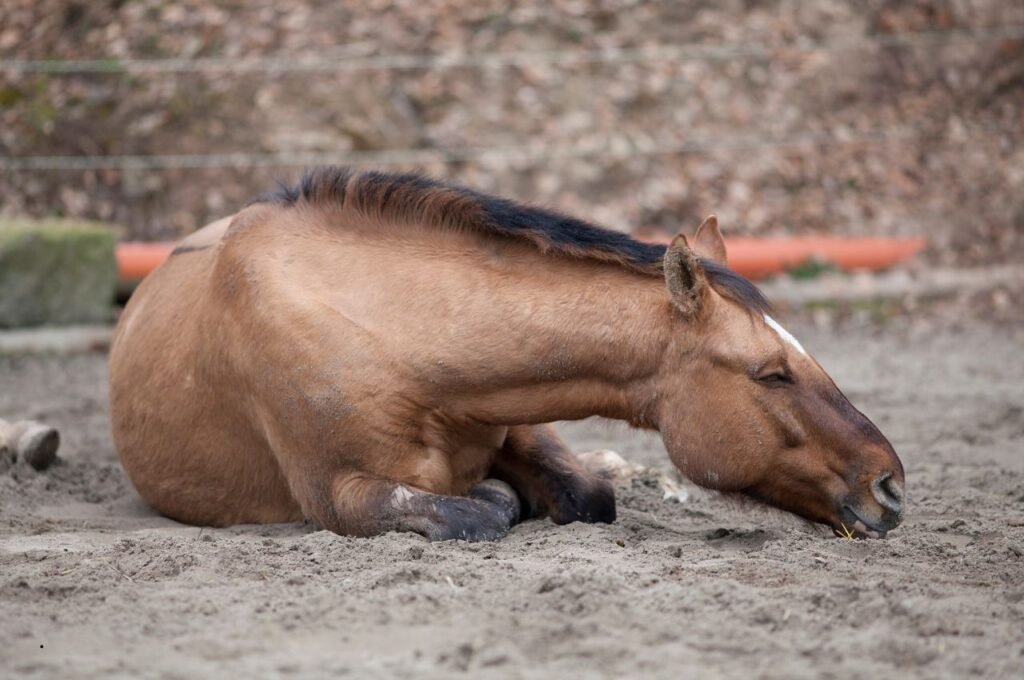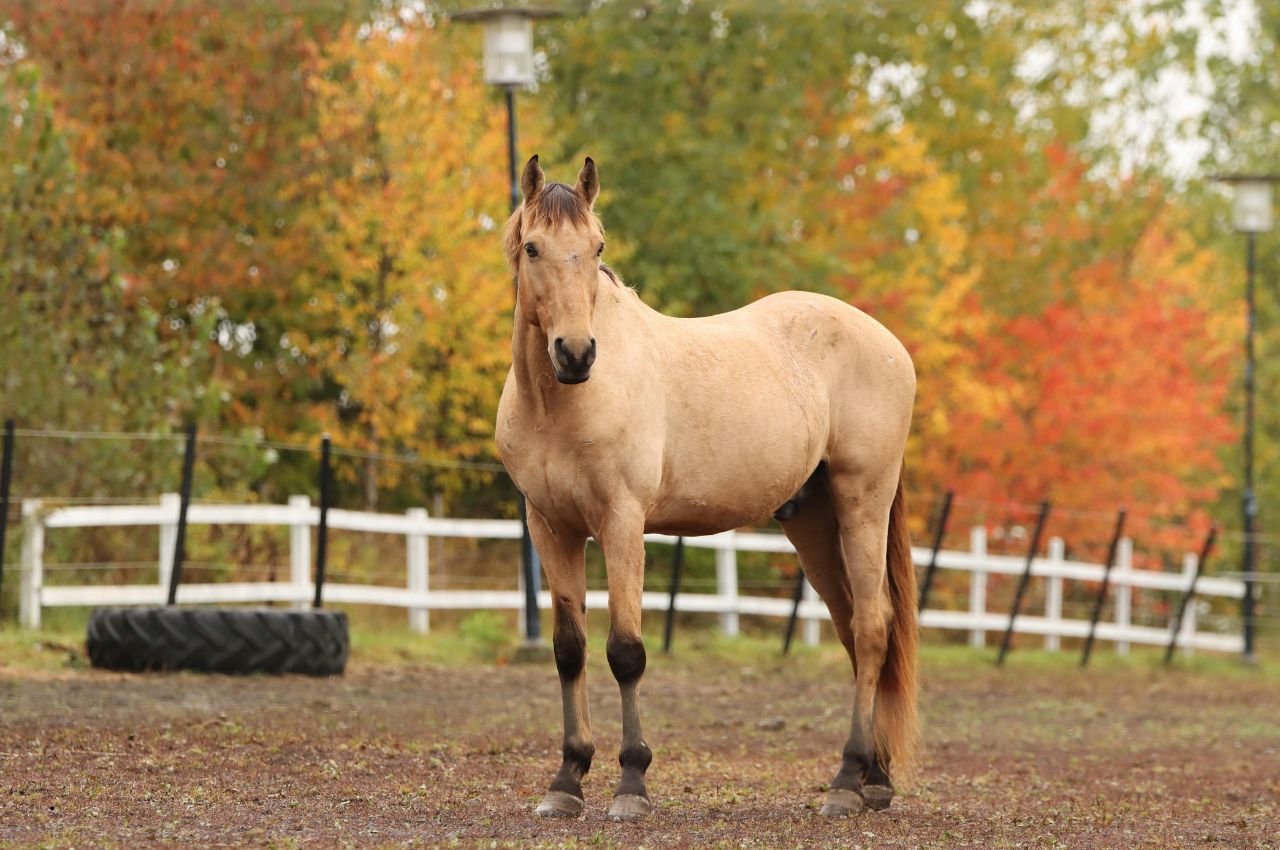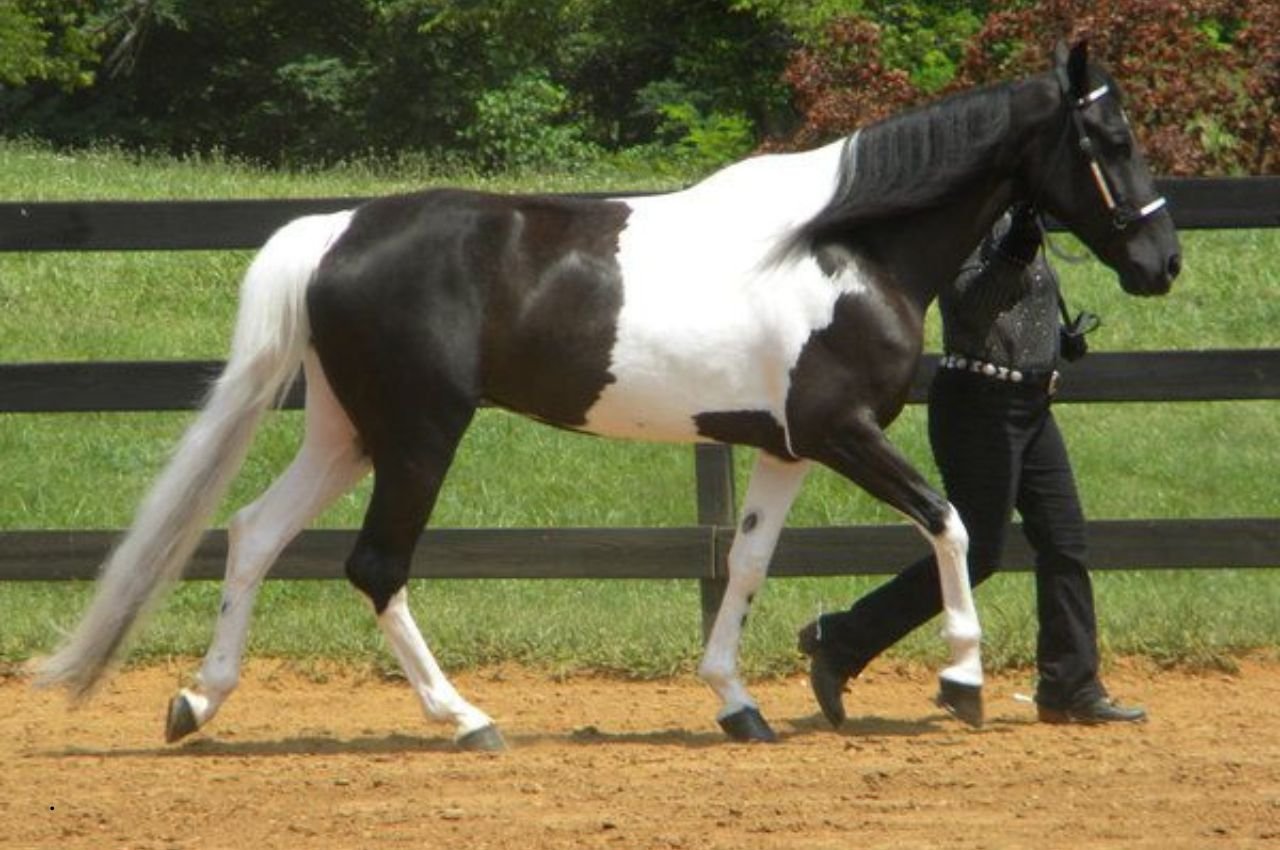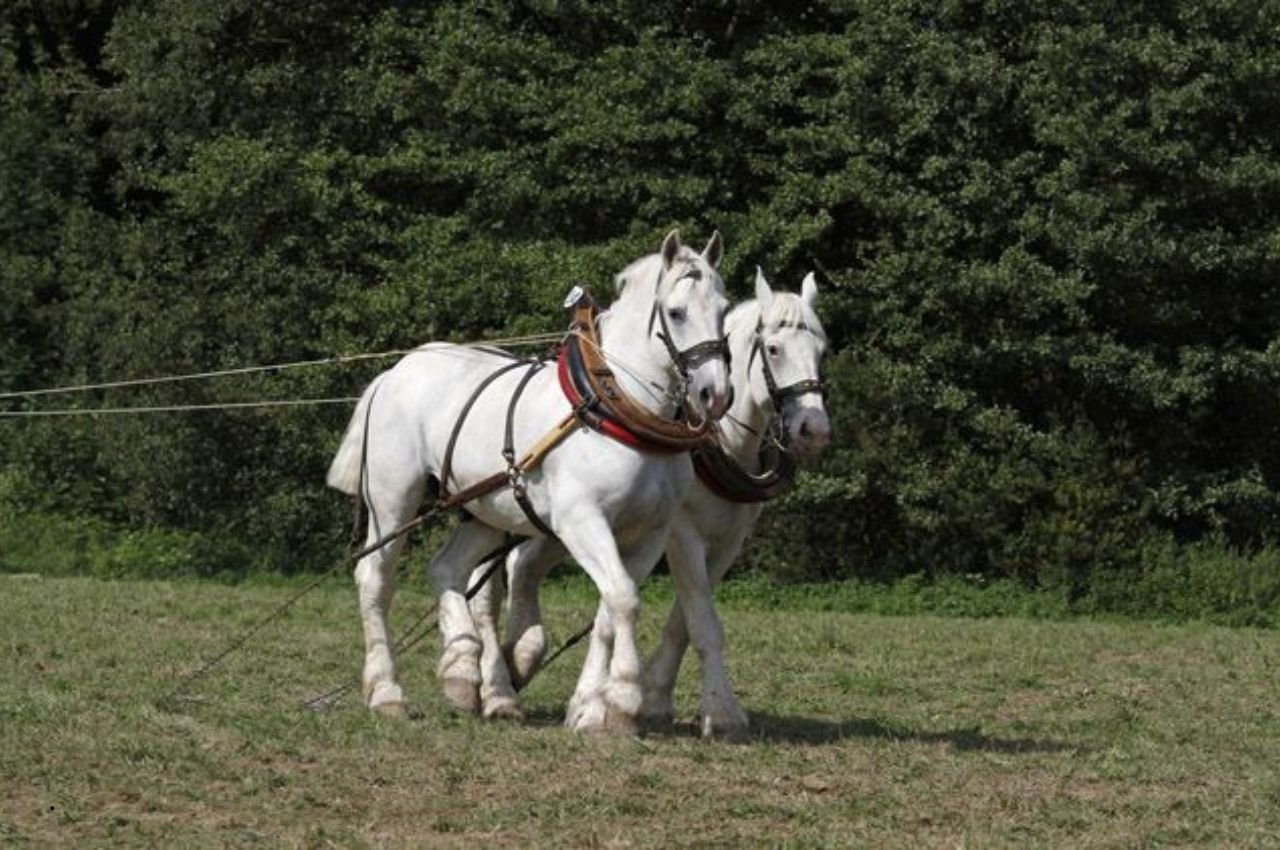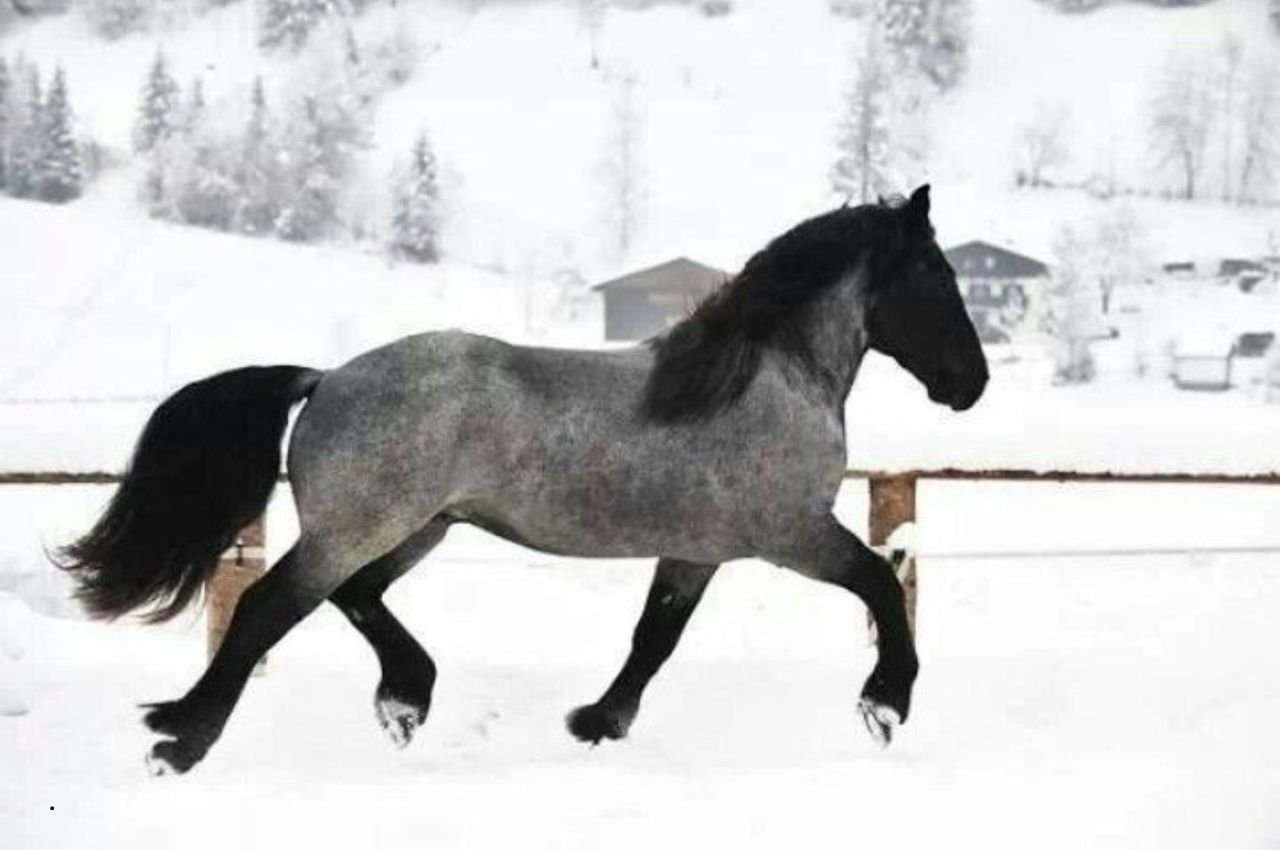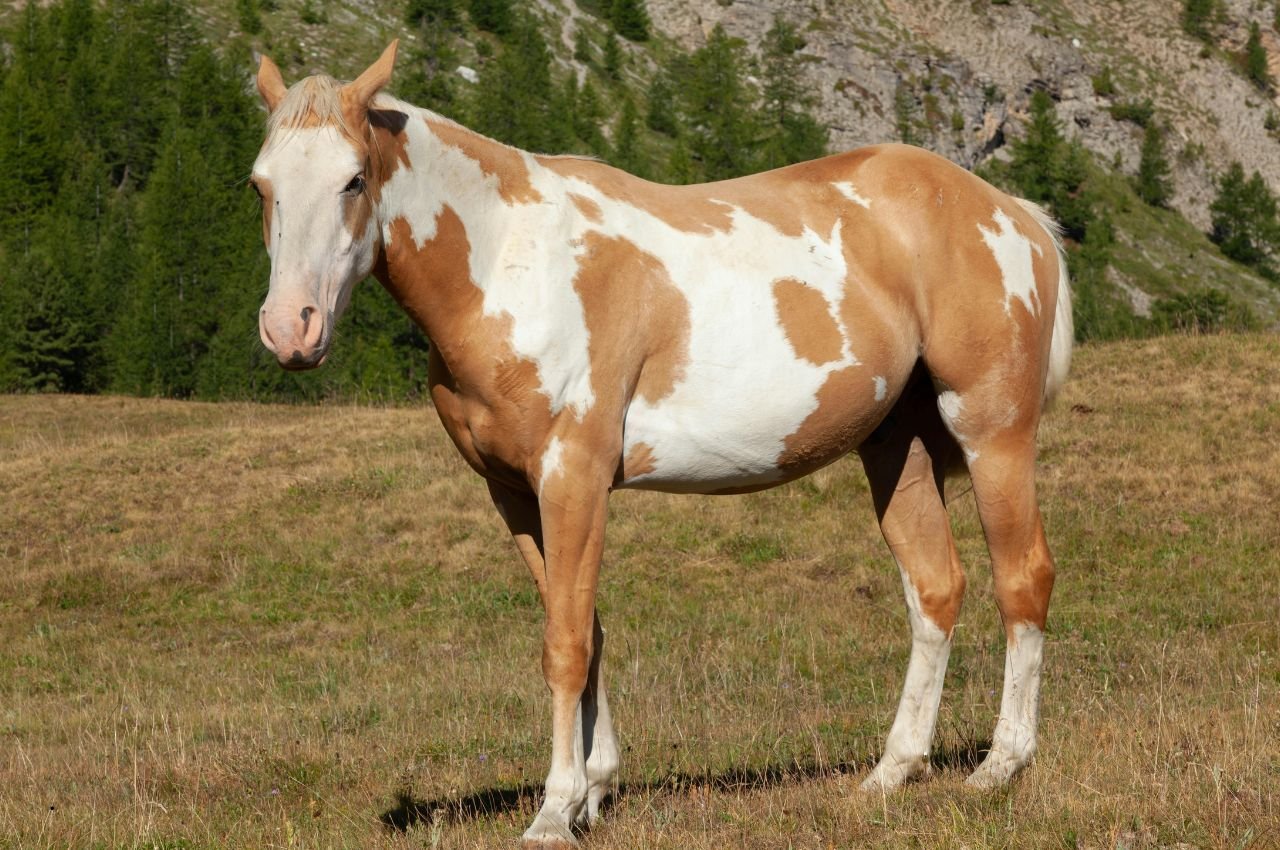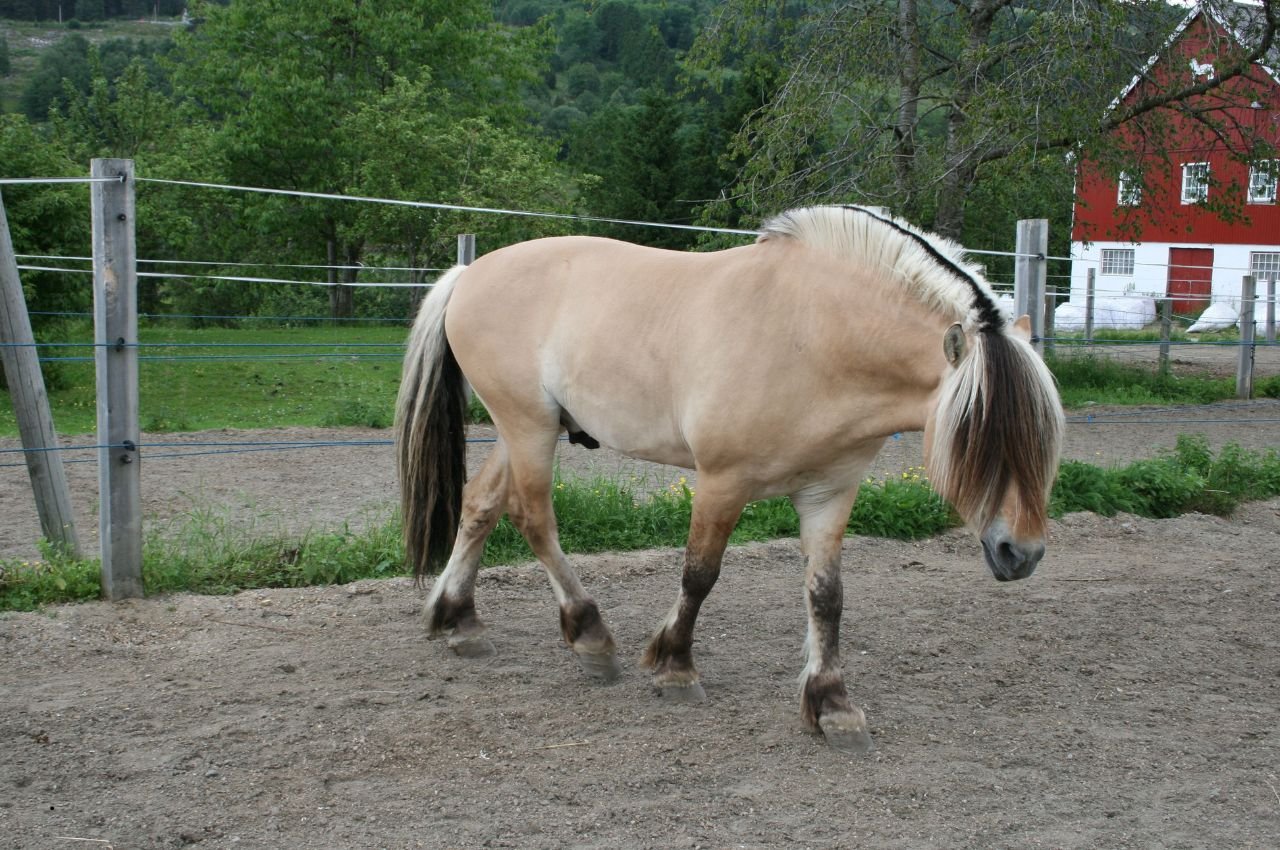Colic is a horse owner’s worst nightmare — a sudden, often unpredictable medical emergency that can turn fatal if not treated promptly. Colic refers to abdominal pain, but the causes can range from gas build-up to intestinal twists, and everything in between. While some cases resolve with minimal intervention, others require urgent veterinary care or even surgery.
As a responsible horse owner or caretaker, being able to recognize the warning signs early could mean the difference between life and death for your equine companion.
Table of Contents
What is Colic?
Colic isn’t a single disease — it’s a symptom. It generally indicates discomfort in the digestive tract, and it can be caused by:
- Gas accumulation
- Intestinal blockages or impactions
- Twisted intestines (torsion or volvulus)
- Sand ingestion
- Sudden changes in diet
- Stress or dehydration
Because colic varies in severity, your job is to identify when a problem might be escalating — and act fast.
Why Time Matters
When dealing with colic, minutes matter. Internal damage can happen rapidly, especially if there’s a twist or impaction. That’s why early detection is key. Knowing the warning signs — and not hesitating to call your vet — can save your horse’s life.
Here are 7 critical signs that your horse may be experiencing a colic crisis and needs immediate veterinary attention.
1. Persistent or Violent Rolling
It’s normal for horses to roll occasionally, but repeated, aggressive rolling is a red flag.
What to look for:
- Rolling over and over again
- Attempting to roll despite being walked or distracted
- Thrashing violently on the ground
Why it matters: Horses may roll to try and relieve their pain, but in doing so, they can cause a mild gas colic to turn into a twisted gut — a surgical emergency.
What to do: Safely prevent the horse from rolling (use a lead rope, not force), and call your vet immediately.
2. Pawing, Kicking, or Looking at the Belly
These are subtle but important early signs of discomfort.
What to look for:
- Pawing at the ground repeatedly
- Kicking or biting at the belly or flanks
- Turning to look at the belly frequently
Why it matters: These signs often appear in the early stages of colic and suggest mild to moderate pain — but it can escalate fast.
3. Lack of Gut Sounds
A healthy horse’s gut sounds like a quiet washing machine. A silent abdomen is a serious warning.
What to look for:
- Using a stethoscope, listen to both sides of the belly
- No gurgling, bubbling, or movement for more than a minute or two
Why it matters: A silent gut may indicate a blockage or severe motility problem, both of which are urgent.
Tip: Learn what normal gut sounds are so you can recognize when they’re absent.
4. Elevated Heart Rate
Pain increases a horse’s heart rate. Monitoring vital signs can give clues about the severity of colic.
Normal heart rate: 28–44 beats per minute
Concerning: 50–60 bpm
Emergency: Over 60 bpm — especially if sustained
What to do: Take your horse’s pulse under the jaw or with a stethoscope behind the elbow. If the rate is high and doesn’t decrease, call your vet.
5. Excessive Sweating or Shaking
Profuse sweating or trembling is a stress response and may indicate severe pain or shock.
What to look for:
- Sweat on the flanks, neck, or shoulders
- Shaking legs or trembling body
- Dilated pupils
Why it matters: This can be a sign of severe distress or circulatory failure — both demand urgent care.
6. Lying Down More Than Usual (or Unwilling to Move)
Some horses try to manage their pain by lying down — others may refuse to move.
What to look for:
- Horse repeatedly lying down and getting up
- Staying down for long periods
- Refusing to walk or move despite encouragement
Why it matters: This indicates serious discomfort and possibly an inability to pass gas or feces. If ignored, this can lead to further complications.
7. No Manure Passing (or Strange Manure)
A horse’s digestive system should be constantly moving. If not — there’s a problem.
What to look for:
- No manure passed for 6–12 hours
- Very dry, hard, or pellet-like feces
- Manure with mucus or blood
- Extremely loose or watery stool
Why it matters: A blockage, dehydration, or intestinal inflammation could be interfering with gut movement. Delayed treatment increases the risk of impaction or rupture.
What to Do While Waiting for the Vet
- Remove food — Don’t allow the horse to eat hay, grass, or grain.
- Encourage walking — Gentle movement can help relieve gas colic but avoid exhausting the horse.
- Keep the horse calm — Stress can worsen the condition.
- Monitor vital signs — Heart rate, respiration, temperature, and gut sounds.
- Do NOT administer medication unless directed by a vet — Painkillers like Banamine can mask symptoms and complicate diagnosis.
Prevention Tips
While not all colic is preventable, good management helps reduce risk:
- Provide consistent access to clean water
- Feed a high-fiber diet with limited grain
- Avoid sudden changes in feed or routine
- Maintain regular deworming and dental care
- Ensure turnout and regular exercise
Conclusion
Colic is one of the most serious health threats horses face — but being informed, observant, and quick to act can save your horse’s life. Always trust your gut: If something seems off, it probably is. The earlier you catch the signs and call your vet, the better the outcome.
Have a colic emergency plan, keep your vet’s number handy, and know how to take your horse’s vital signs.
Your horse is depending on you.
Frequently Asked Questions (FAQs) About Equine Colic
What causes colic in horses?
Colic can be caused by various issues within the digestive system, such as:
Gas buildup
Impaction (blockage)
Twisted intestines (torsion or volvulus)
Sudden changes in diet
Sand ingestion
Parasites
Poor dental health
Stress or dehydration
Each case is different, which is why veterinary evaluation is essential.
Is colic always a medical emergency?
Not always — some mild cases resolve with minimal intervention, like walking and rest. However, you should treat every colic episode seriously until a vet determines the severity. Some forms of colic can turn fatal very quickly.
Can I give my horse Banamine if I suspect colic?
Only if directed by your vet. While Banamine (flunixin) can reduce pain, it may also mask critical symptoms your vet needs to evaluate. Giving it too early can delay diagnosis and treatment — especially in surgical cases.
How can I tell the difference between mild and severe colic?
Signs of severe colic may include:
Unrelenting or violent rolling
High heart rate (over 60 bpm)
No gut sounds
Profuse sweating or shaking
No manure passed for 12+ hours
Depression or collapse
If you see any of these, call your vet immediately.
Should I walk my horse if it’s colicking?
Yes, gentle walking can help in mild gas colic cases. It may also prevent the horse from lying down and rolling. However, don’t exhaust the horse. If it’s resisting or becoming distressed, stop and wait for the vet.
Can a horse colic from stress?
Yes. Stress — from transport, changes in routine, separation, or even bad weather — can upset the digestive system and contribute to colic. Stress management is a vital part of prevention.
What are the normal vital signs for a horse?
Heart rate: 28–44 beats per minute
Respiratory rate: 10–24 breaths per minute
Temperature: 99–101.5°F (37.2–38.6°C)
Gut sounds: Should be audible in all four quadrants
Monitoring these helps you spot trouble early.
How often should a horse poop?
A healthy adult horse should pass manure every 2–4 hours, producing about 8–12 piles a day. A sudden decrease or complete stop in manure output is a colic red flag.
Is colic more common in certain horses?
Yes. Horses that:
Are stalled for long periods
Eat high-grain, low-fiber diets
Have irregular feeding schedules
Don’t drink enough water
Have a history of colic
are at higher risk. Older horses and those with dental problems are also more prone.
Can colic come back after recovery?
Unfortunately, yes. Some horses are more prone to recurring colic episodes. Preventive care, dietary management, and veterinary checkups can help reduce the risk of recurrence.

